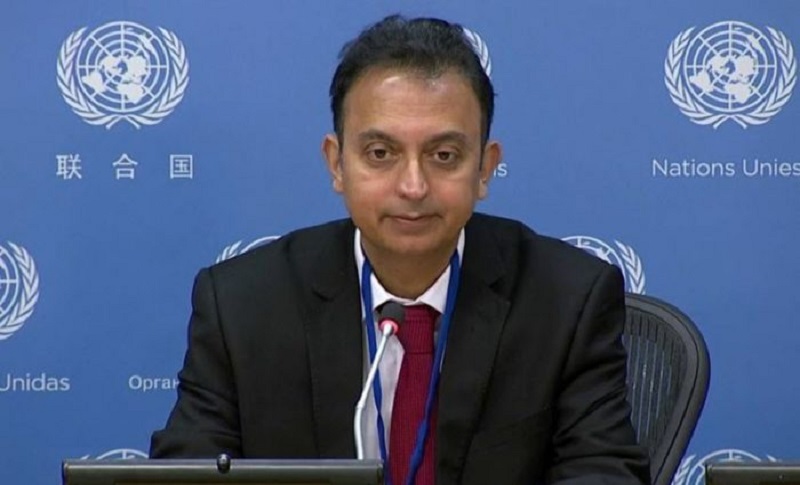
The latest report by the UN human rights rapporteur, Javaid Rehman, was criticized as “reprehensible” by Iran’s permanent delegation to the UN.
Iran’s permanent representative to the United Nations
Zahra Ershadi, the deputy of Iran’s permanent representative to the United Nations, “expressed regret” that Rehman had relied on “ambiguous and unofficial sources” with material provided by “terrorist groups,” according to a statement.
Ershadi did not name the organizations, but the Islamic Republic has previously linked various international reports on its human rights record to the People’s Mojahedin of Iran (PMOI / MEK Iran), an exiled opposition group that has spent the last four decades fighting for the destruction of the Iranian government.
On Monday, Rehman presented his report to the UN Human Rights Committee, in which he expressed concern over the escalating number of executions in Iran. According to the special investigator, the Islamic Republic executed more than 250 people in 2020, including at least four minors. As per Rehman’s estimate, there have been 230 so far this year.
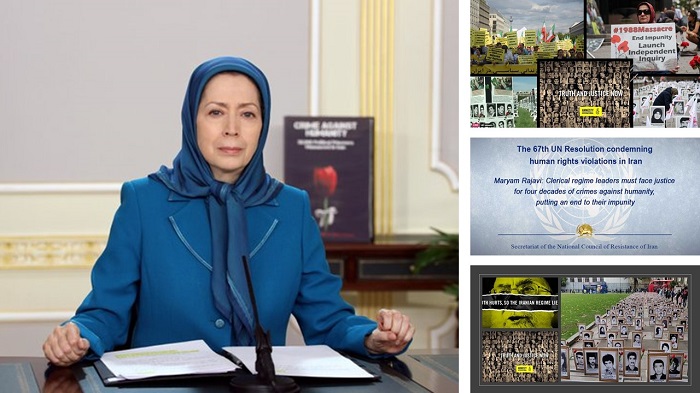
The Iranian diplomat refused to accept
The Iranian diplomat refused to accept rights problems in her country while defending the Islamic Republic’s legal system, instead of criticizing the rapporteur for being silent on the “inhumane” rights situation in the United States. She also called the establishment of a special rapporteur for Iran a political act.
While the mission stated that it will continue to work with the UN rights group in a “constructive” manner, the Islamic Republic has consistently refused entry requests from the UN rapporteur who has been seeking first-hand information.
Rehman’s recent report came in the wake of mounting worries over killings in Iranian jails. In the wake of multiple such reports in recent months, Iranian officials have postponed explanations while internal investigations are conducted.
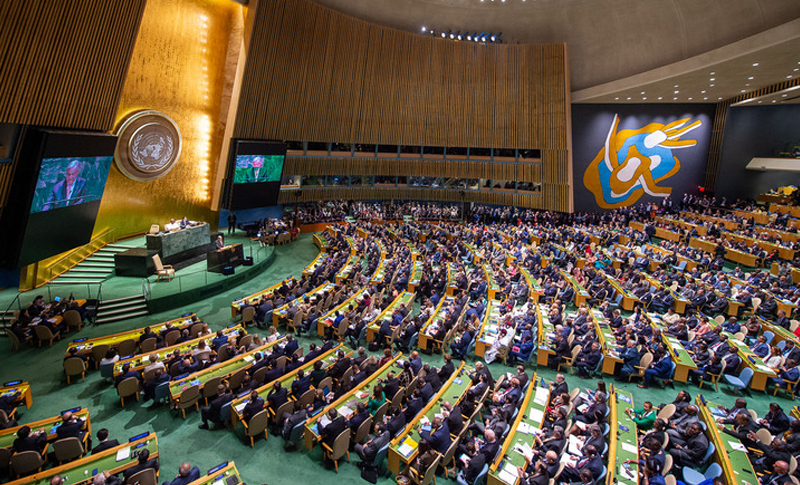
Amnesty International record
Amnesty International recorded at least 72 such deaths in Iranian jails over the last 10 years in a detailed report released in mid-September, emphasizing a culture of “immunity” and lack of accountability in the Iranian court system.
Rehman and international human rights organizations have also enraged Iranian officials with their insistence on prosecuting Iran’s hard-line President Ebrahim Raisi for his role in the death of thousands of political detainees in the late 1980s.
Despite the rising pressure, Iranian authorities appear to remain resolute in their opposition to capital punishment.
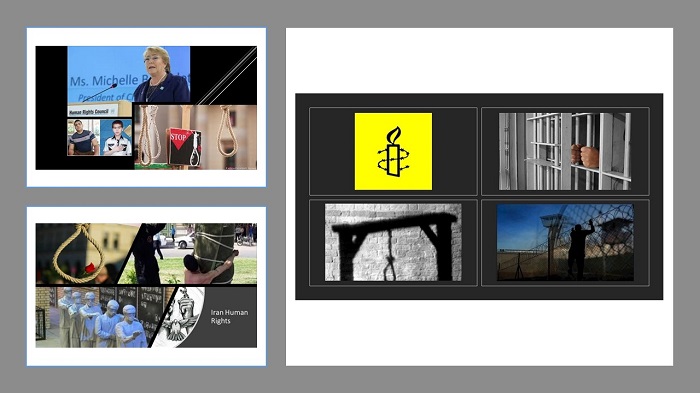
Two brothers were executed
In the southwestern province of Khuzestan, two brothers were executed in one day only last week. According to local activists, the mother of the two defendants died of a heart attack after hearing the death news.
Iranian Kurdish rights groups recently reported on the “imminent” death of two Kurdish political prisoners in Urmia, in the country’s northwest. The Iranian High Court maintained the pair’s sentences, finding one tied to a Kurdish opposition group and the other to a Sunni extremist cause.
The two were apparently transported out of their wards to “an unknown location,” an ominous indicator in Iranian prisons that an inmate is about to get executed.
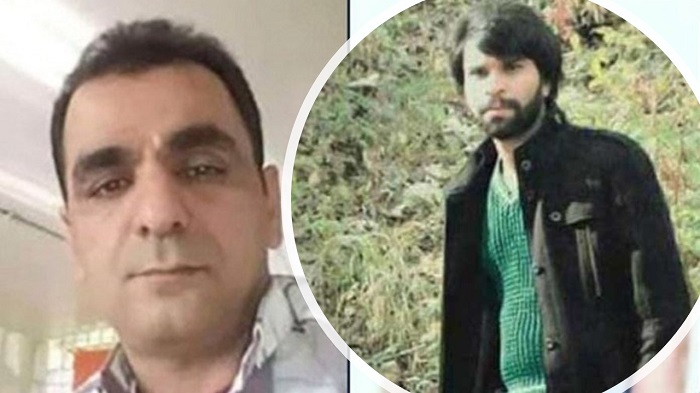
Follow Maryam Rajavi’s on her site Twitter & Facebook and follow NCRI (Twitter & Facebook)
and follow NCRI (Twitter & Facebook)
MEK Iran (on Twitter and Facebook)
and People’s Mojahedin Organization of Iran – MEK IRAN – YouTube







